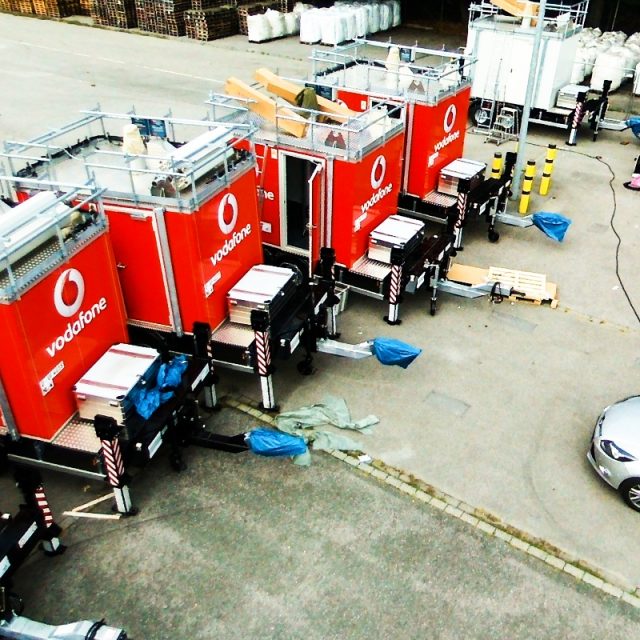The European University Association (EUA) has released the findings of the latest edition of its Open Science Survey.
The report provides hard data and evidence-based recommendations for institutions, researchers, research funders and policy makers on the transition towards Open Science.
With more than 270 responses from 36 European countries, the survey report focuses on the level of development of Open Science at European universities. It also addresses the role of Open Science in institutions’ strategic priorities and its implementation in institutional practices.
“Open Science must become the standard way of producing and sharing scientific knowledge,” said Stephane Berghmans, EUA Director of Research and Innovation. “To do this, all stakeholders must be involved, we must have favourable national and European guidelines and regulatory frameworks and we must create a context that fosters the transition to Open Science.”
Open Access to scientific publications and research data has been making progress over the past twenty years. Driven by the academic community, it has evolved from a “nice to have” to a “must have”. More recently, other Open Science areas have been gaining traction, such as citizen science and open education. All of these developments have been further accelerated by the impact of Covid-19 on scientific and institutional practices.
The key findings of the survey are:
· Open Access to research publications is highly important for 90% of institutions, but only 60% consider its implementation level to be high.
· Between 55-70% of institutions describe Research Data Management, FAIR and data sharing as highly important, but only 15-25% report high levels of implementation.
· 54% of institutions have an Open Science policy and 37% are developing one.
· 80% of institutions monitor the number of publications in their repository and 70% monitor articles published by their researchers in Open Access journals.
· 90% of institutions have their own repository, participate in a shared repository or both.
“We have gained momentum in the Open Science movement and institutions must continue to develop internal Open Science policies that are aligned with national and European policies,” explained Vinciane Gaillard, EUA Deputy Director of Research and Innovation in charge of Open Science. “They must continue to create incentives and opportunities for researchers and staff to increase their involvement and their knowledge of Open Science practices – and Open Science must become an integral part of academic assessment.”000000




